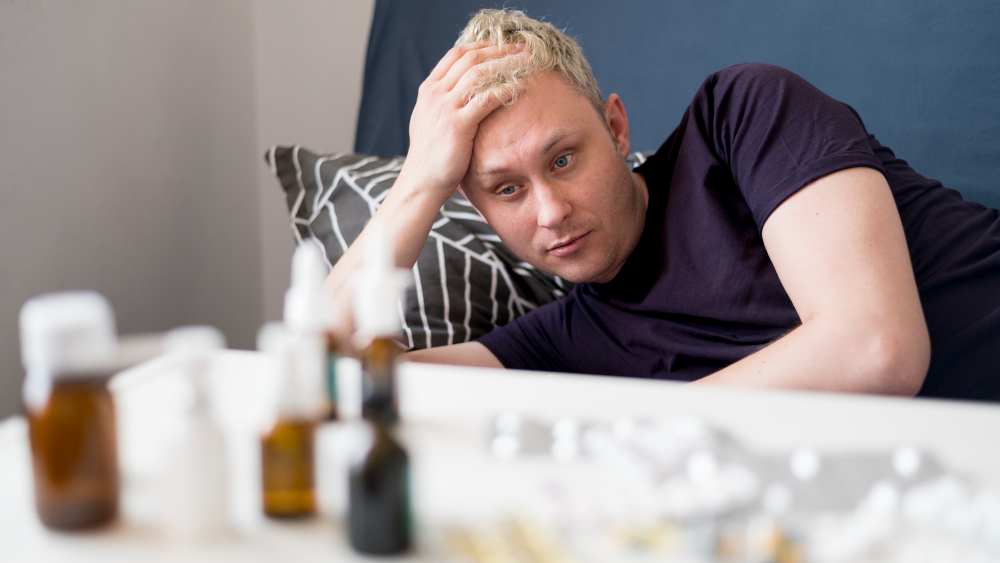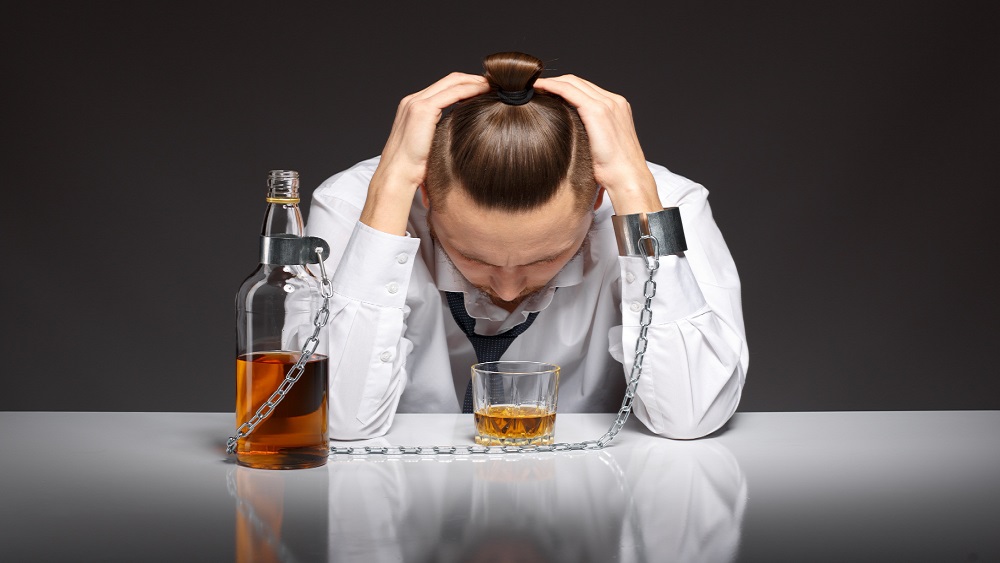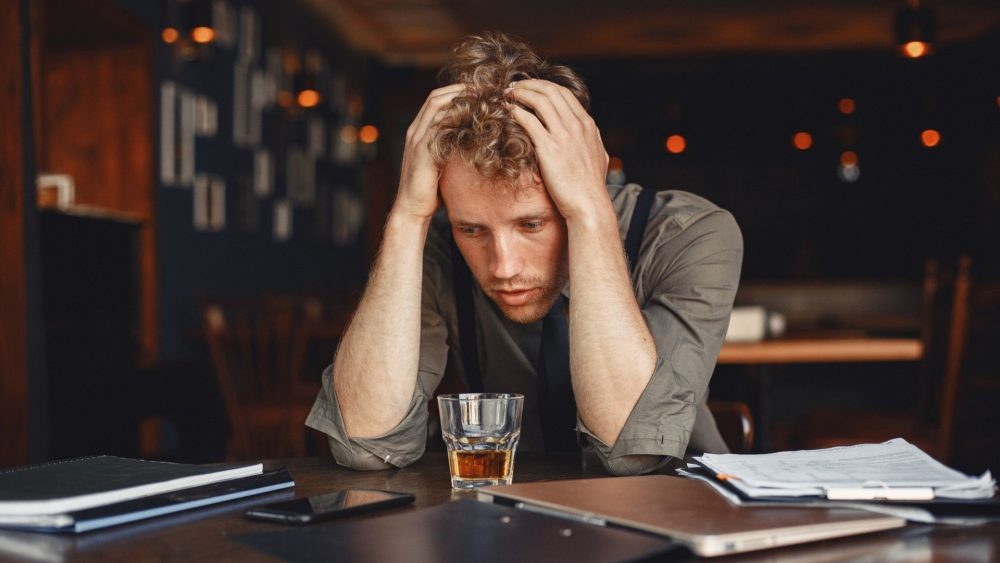People use alcohol or drugs for all sorts of reasons, including relaxing, lowering inhibitions, religious observances, or fitting in with a group. Often they do not develop a substance use problem.
Maintain A State
Alcohol Dependence
As with any drug, alcohol dependence is defined as the need to consume alcohol to maintain a state to which the body has become accustomed.

Alcohol Addiction
Addiction often develops over the long term and insidiously. It may take years for the person who drinks or those around them to become aware of the addiction.

Face Problems
Initially, the person seeks to rediscover the euphoric and relaxing effects of alcohol. The latter acts as an artificial comfort to allow one to "release the pressure, " face difficulties, or "forget" problems.
Alcohol moments
Alcohol can also fill empty moments or accomplish a necessary ritual (the glass of alcohol before or after the meal is identical to the ritual of the cigarette after the meal for the smoker).
Finally, the festive component of alcohol should not be underestimated, which can also lead to addiction if this type of consumption becomes regular.
Alcohol Dehydrogenase
the enzyme that destroys alcohol in the liver, is becoming increasingly "efficient".
Alcohol Effects
It destroys more alcohol, which leads to consuming more to feel the same effects.
Suffer Problem
If you suffer from alcohol addiction, you may not know how to admit and deal with your problem.
Intervention
People often begin their road to recovery when loved ones organize an intervention.

You've already taken one of the hardest steps: recognizing that you need help.

You are now able to organize your intervention, as it were.
Hardest Steps
organize your intervention
What do you do when you realize you must make a big change, but no one is stepping in to guide you?
plan for intervention and recovery
- You can create your plan for your intervention and recovery, beginning your journey to sobriety and regain control of your life.
- Read on to find out how self-help might be the right option and what steps to take to get the help you need to change your life.
Why Do You Need An Intervention?
When you reach a point where several aspects of your life are going wrong because of alcohol addiction, it may be time for intervention. Often, family or friends arrange professional intervention to overcome their loved one’s resistance to treatment.
Usually, relatives take this action after they notice that the addict will not seek needed help or if they continue to deny that they have a problem.
If you are aware of the problems your relationship with alcohol is causing, you may be able to seek help on your own. You may have lost your job after taking too much sick leave. Perhaps you have been arrested for drunk driving or inappropriate behaviour after drinking. You may have hurt yourself or those you love, which made you realize that you are ready to do anything to ensure it doesn’t happen again.
Some people realize their need for intervention following a period of heavy drinking. Indeed, many cannot fast for more than a day or two. Maybe your drinking is causing financial problems. You may no longer want to justify your consumption to your family and friends.
Or you have concluded that you need to change because of upheaval in your mental health. Several studies show that half of people suffering from addiction also suffer clinical depression. Conversely, nearly half of people with depression also struggle with addiction. For many, treatment for mental health issues and addictions are intertwined, so confronting one issue leads to addressing the other.

 The deep desire to become a better person is a far more effective motivation than trying to get rid of yourself or please your loved ones. If you’re trying to achieve long-term sobriety because someone else, like a court or your family, is forcing you to, you may not succeed for lack of resolve.
The deep desire to become a better person is a far more effective motivation than trying to get rid of yourself or please your loved ones. If you’re trying to achieve long-term sobriety because someone else, like a court or your family, is forcing you to, you may not succeed for lack of resolve. Support
Support Consider Rehabilitation Treatment
Consider Rehabilitation Treatment Medicines To Reduce Consumption
Medicines To Reduce Consumption Other Ways To Stop Drinking Alcohol
Other Ways To Stop Drinking Alcohol